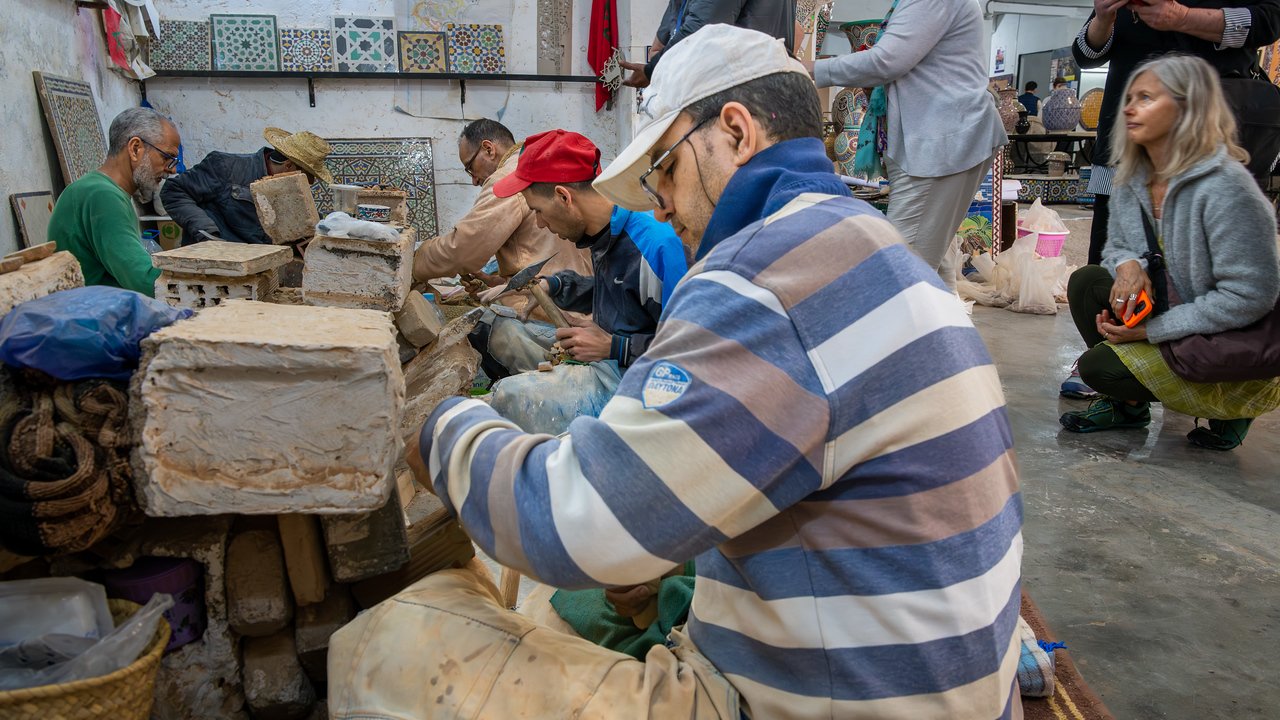
Moroccan Artisan Craftsmanship: Why Handmade Matters
Morocco is renowned for its rich culture, vibrant landscapes, and a deep tradition of artisan craftsmanship. From intricately woven rugs to meticulously carved wooden doors, Moroccan craftsmanship is celebrated around the world for its authenticity and artistry. In a time when mass production and machine-made products dominate the market, handmade items offer a unique touch that embodies history, culture, and a personal connection to the craftsperson.
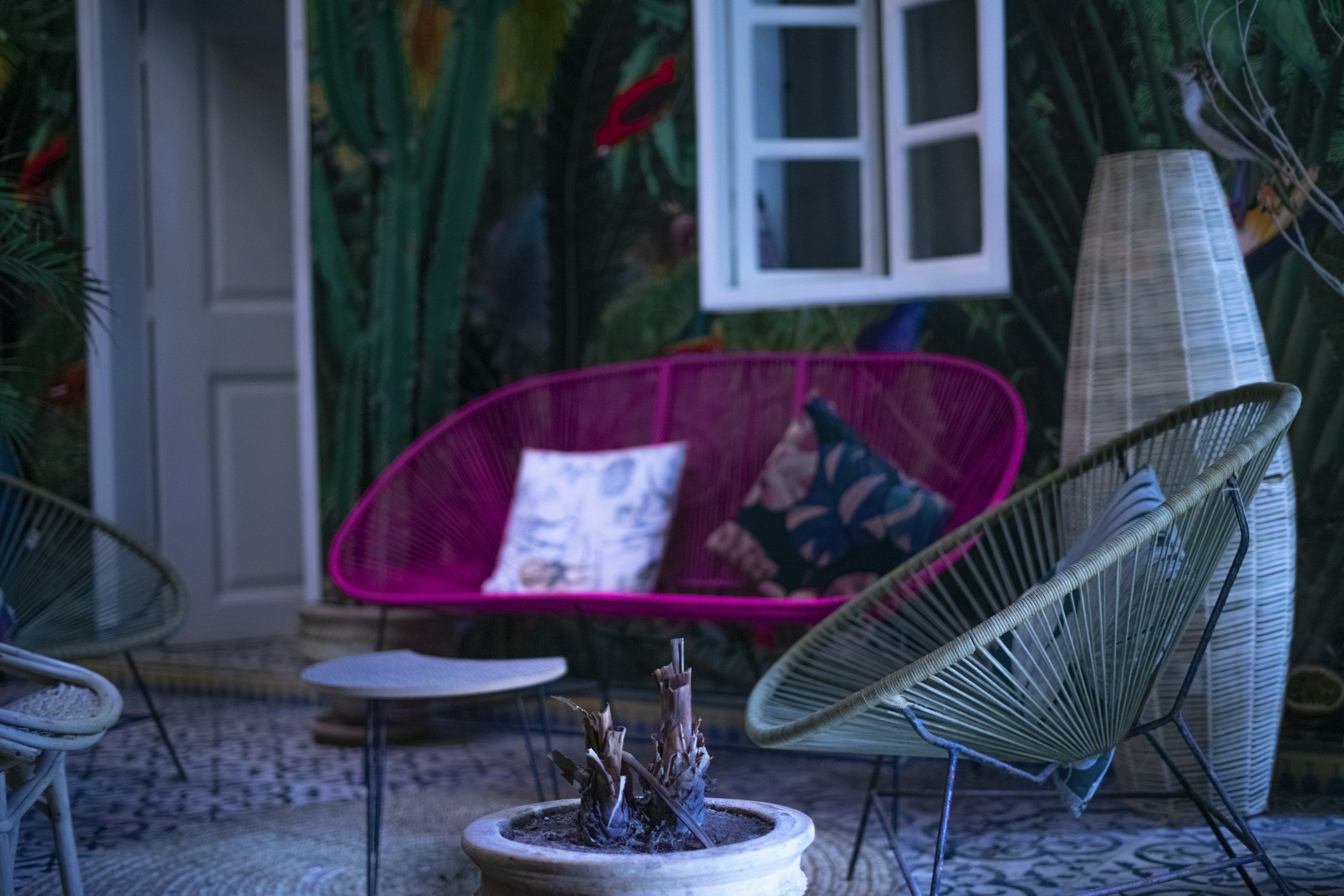
From Medina to Modern: How Traditional Moroccan Homes Are Evolving
Traditional Moroccan homes—especially the iconic riads found in the ancient medinas—are revered for their timeless elegance, intricate craftsmanship, and deep cultural significance. However, as lifestyles and architectural needs evolve, many of these historic homes are being transformed, blending the old with the new in ways that honor tradition while embracing modern convenience. The result is a fascinating evolution of Moroccan homes that manage to capture the beauty of their heritage while meeting the demands of contemporary living. Here’s a look at how traditional Moroccan homes are evolving from medina classics to modern marvels.
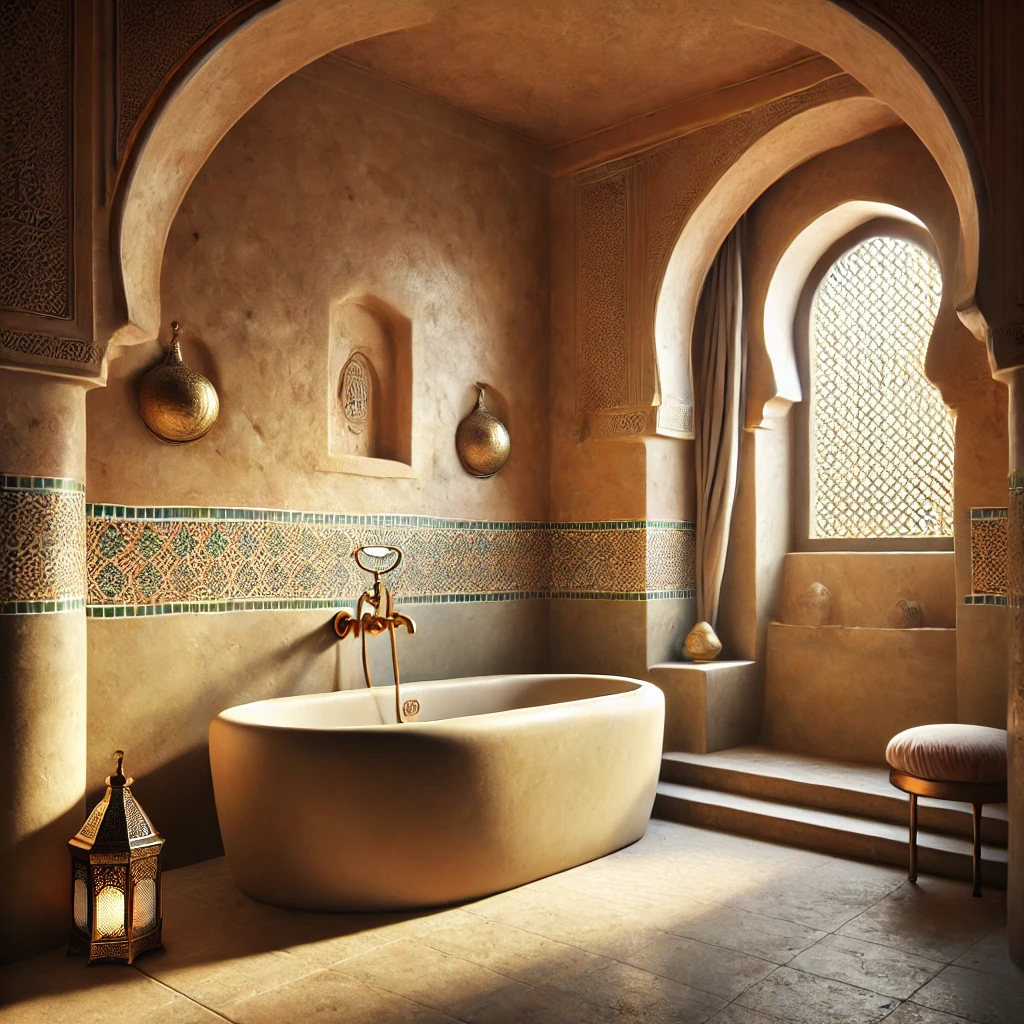
How Moroccan Tadelakt Compares to Other Wall Finishes
Tadelakt is a traditional Moroccan plaster that has gained international popularity for its smooth, luxurious finish and unique character. Known for its versatility, durability, and natural aesthetic, tadelakt is often used for walls, bathrooms, and even sinks and countertops. But how does it compare to other popular wall finishes?
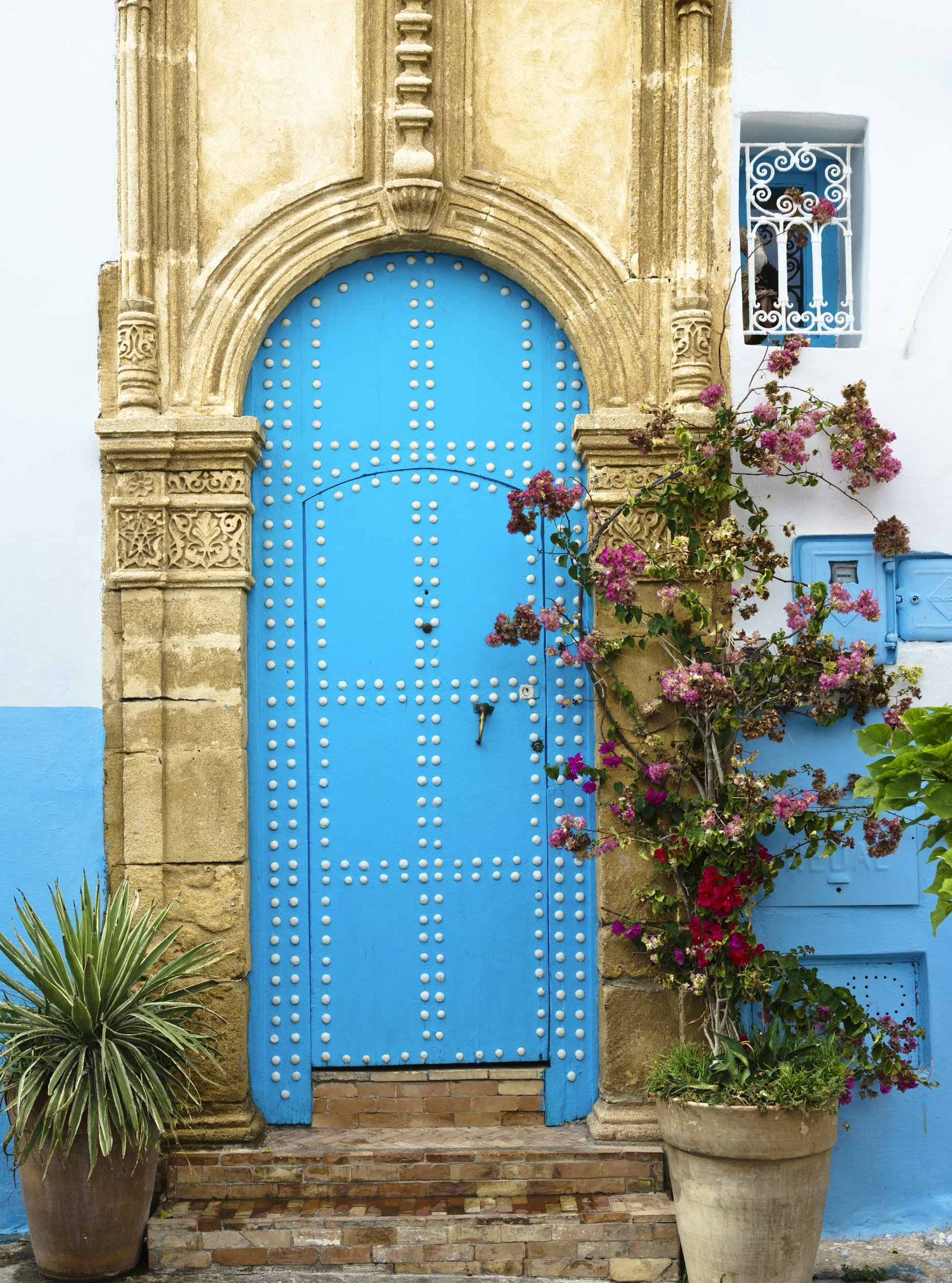
How Moroccan Doors Add Personality to a Home
Moroccan doors are more than just entryways—they are statements of artistry, cultural heritage, and personality. These doors, often intricately designed and adorned with vibrant colors, carved patterns, and ornate hardware, are an iconic element of Moroccan architecture that instantly brings character to any space. Whether used as a main entrance, garden gate, or interior accent, Moroccan doors carry the essence of traditional craftsmanship while adding a touch of mystique and individuality to a home. Here’s how Moroccan doors can transform and personalize your living space.
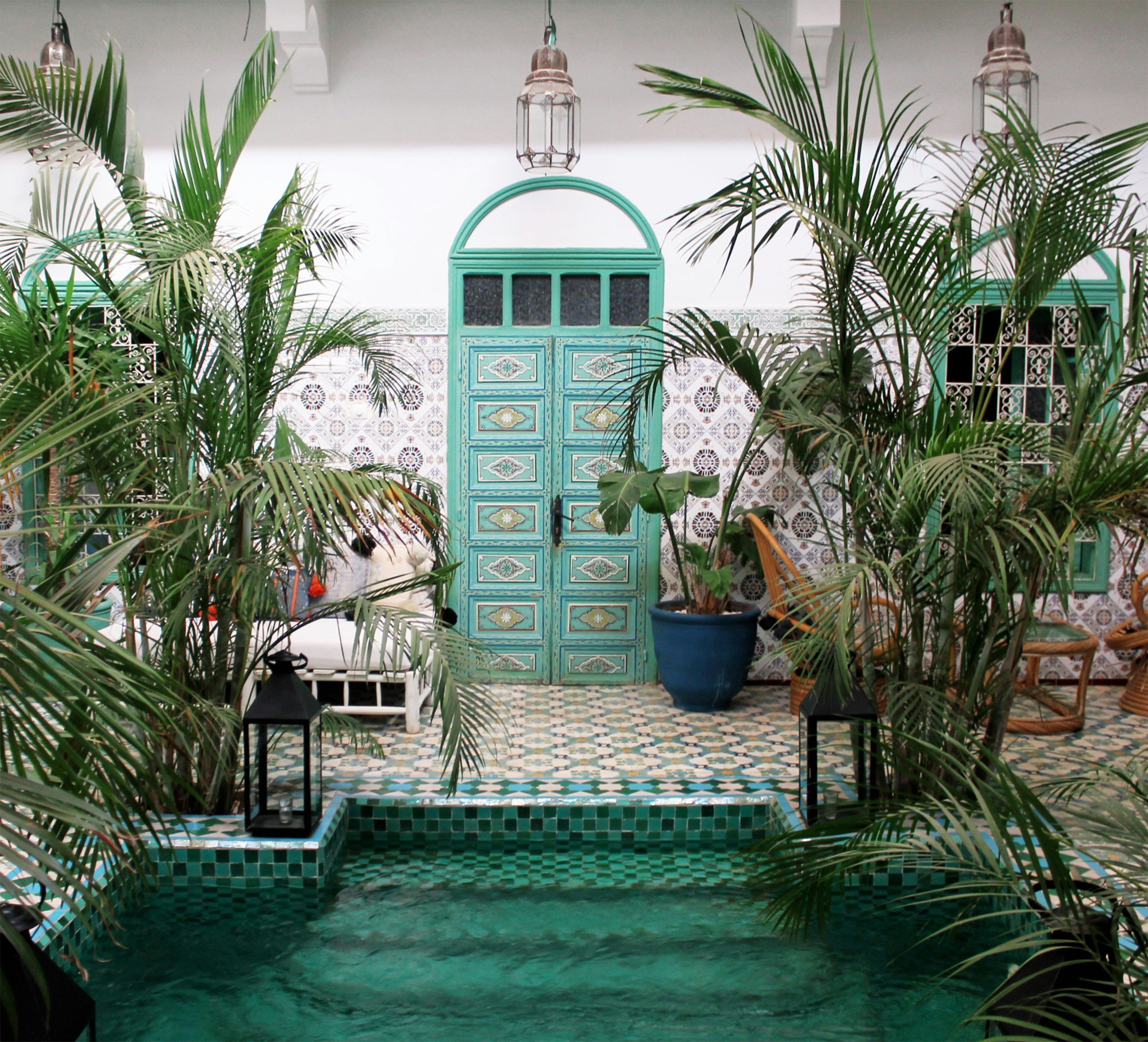
Planning a Riad Renovation: What to Keep and What to Update
Renovating a riad—a traditional Moroccan home centered around a courtyard—can be a transformative journey, but it requires a thoughtful balance between preserving history and embracing modern comforts. Whether you’ve recently purchased a riad or are considering giving your current one a fresh look, understanding what elements to maintain and which to update is key to creating a space that honors tradition while catering to modern needs. Here’s a guide on planning your riad renovation, with a focus on what to keep and what to update.

The Spiritual and Cultural Role of Fountains in Moroccan Homes
Fountains are an iconic feature of Moroccan architecture, found in traditional riads, gardens, and public spaces. More than just decorative elements, fountains in Moroccan homes serve profound spiritual and cultural purposes. They embody a deep connection to nature, offer a tranquil environment, and symbolize spiritual purity and hospitality. The presence of water is central to Moroccan culture, reflecting the cultural values of life, tranquility, and balance. Let’s explore the unique role that fountains play in Moroccan homes, from their spiritual significance to their contribution to everyday life.
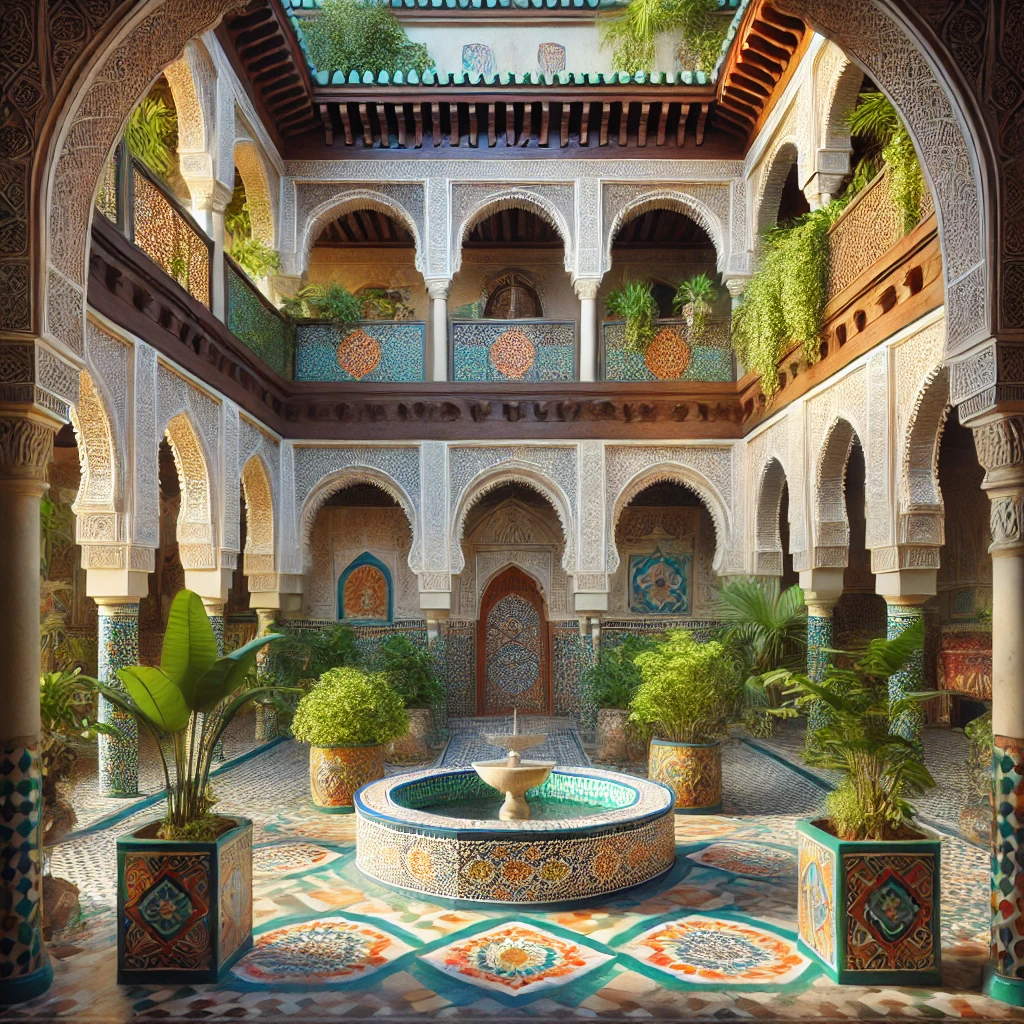
The Evolution of Moroccan Architecture: A Journey Through Time
Moroccan architecture is a rich tapestry woven from centuries of history, cultural exchange, and the blending of diverse influences. The evolution of Moroccan architecture reflects the country’s dynamic past, shaped by indigenous Berber traditions, Islamic culture, Andalusian influences, and later European colonial impacts. From ancient kasbahs to modern riads, Moroccan architecture is both a visual history book and a testament to the adaptability and artistry of its people. Here’s a look at how Moroccan architecture has evolved over the centuries.
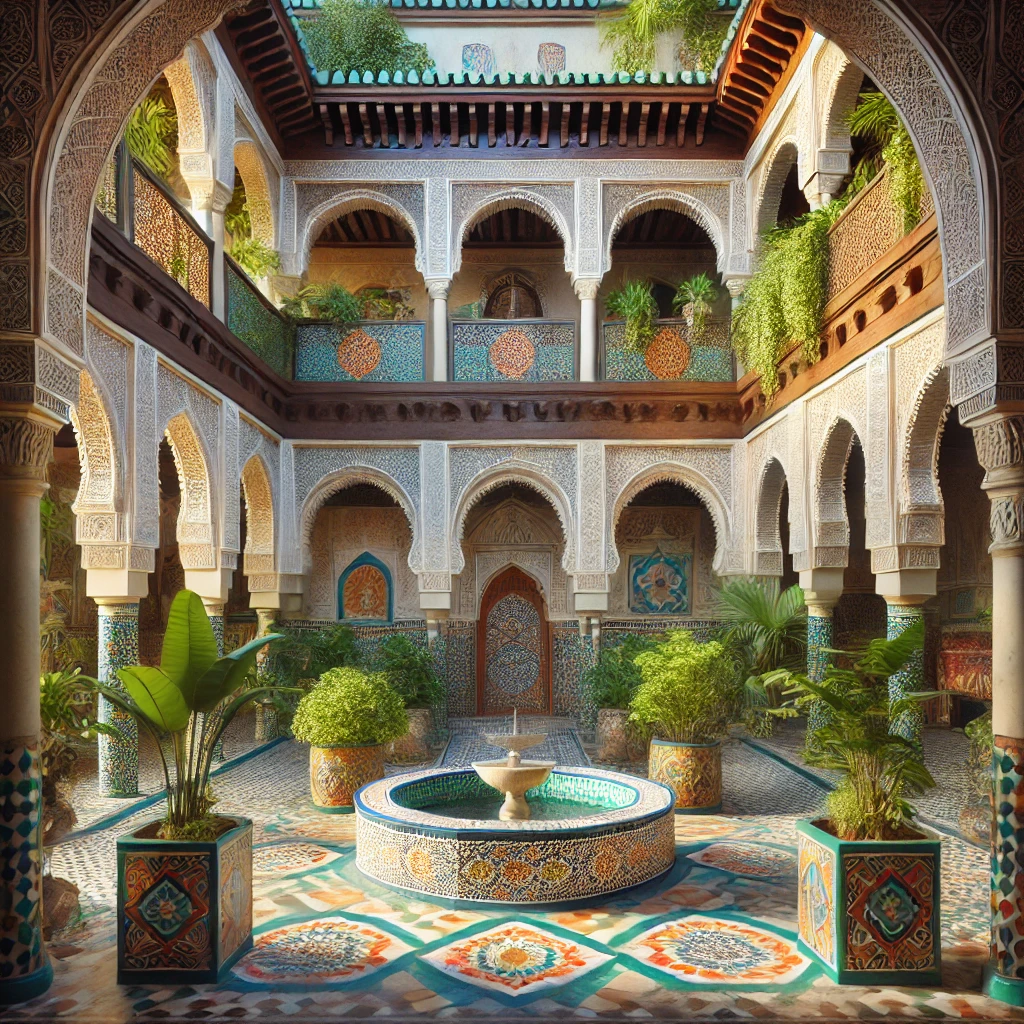
The Influence of Andalusian Art on Moroccan Architecture
Moroccan architecture is a captivating blend of diverse influences, shaped by its history, geography, and cultural exchange. One of the most profound influences comes from Andalusian art—the artistic and architectural styles brought from the Iberian Peninsula during the era of Al-Andalus. The deep historical ties between Morocco and Andalusia are evident in the intricate designs, elegant arches, and decorative elements that define Moroccan architecture today.
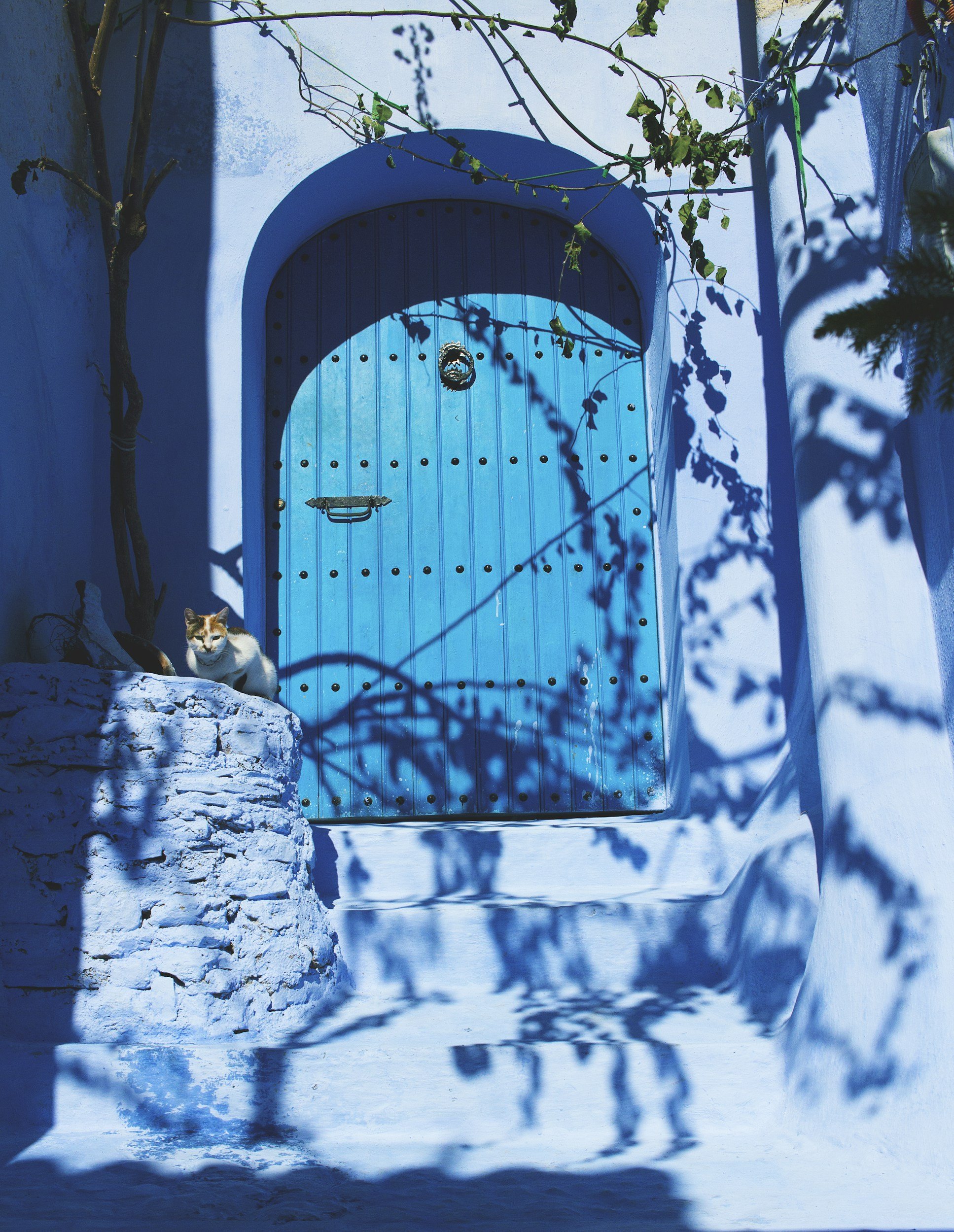
The Symbolism of Color in Moroccan Architecture
Color plays a vital role in Moroccan architecture, where every hue tells a story of culture, tradition, and the landscape. The vibrant palette seen in Moroccan cities—from the blue streets of Chefchaouen to the red ochre walls of Marrakech—reflects a deep connection to history, spirituality, and nature. Understanding the symbolism of color in Moroccan architecture allows us to see beyond the visual beauty and appreciate the cultural significance each shade holds.
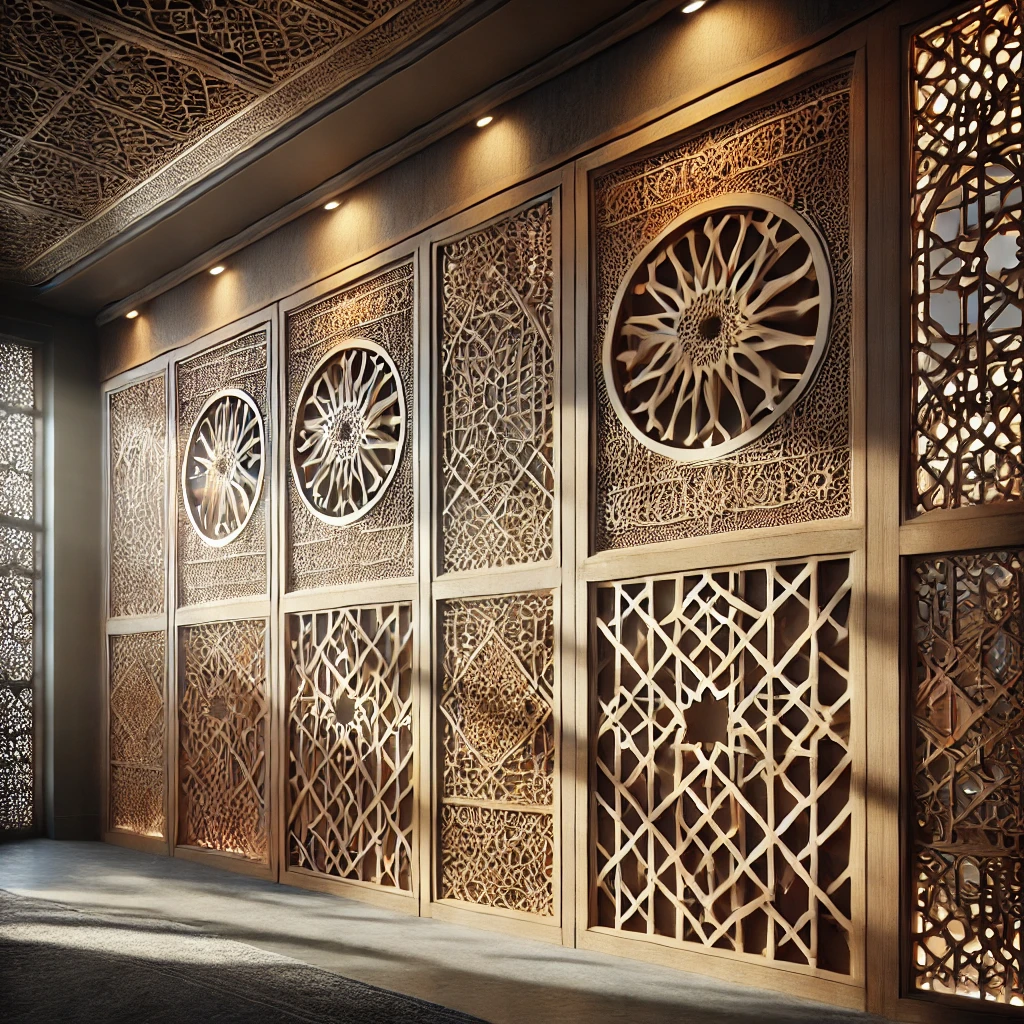
Integrating Moucharabieh Screens in Modern Homes
Moucharabieh screens, also known as lattice or mashrabiya screens, are a signature element of Moroccan architecture. Traditionally used for privacy and airflow, these intricately carved wood or metal screens add a sense of elegance, cultural heritage, and depth to any space. In modern design, moucharabieh screens are making a comeback—not just for their visual appeal, but also for their ability to blend privacy, light, and aesthetics seamlessly.
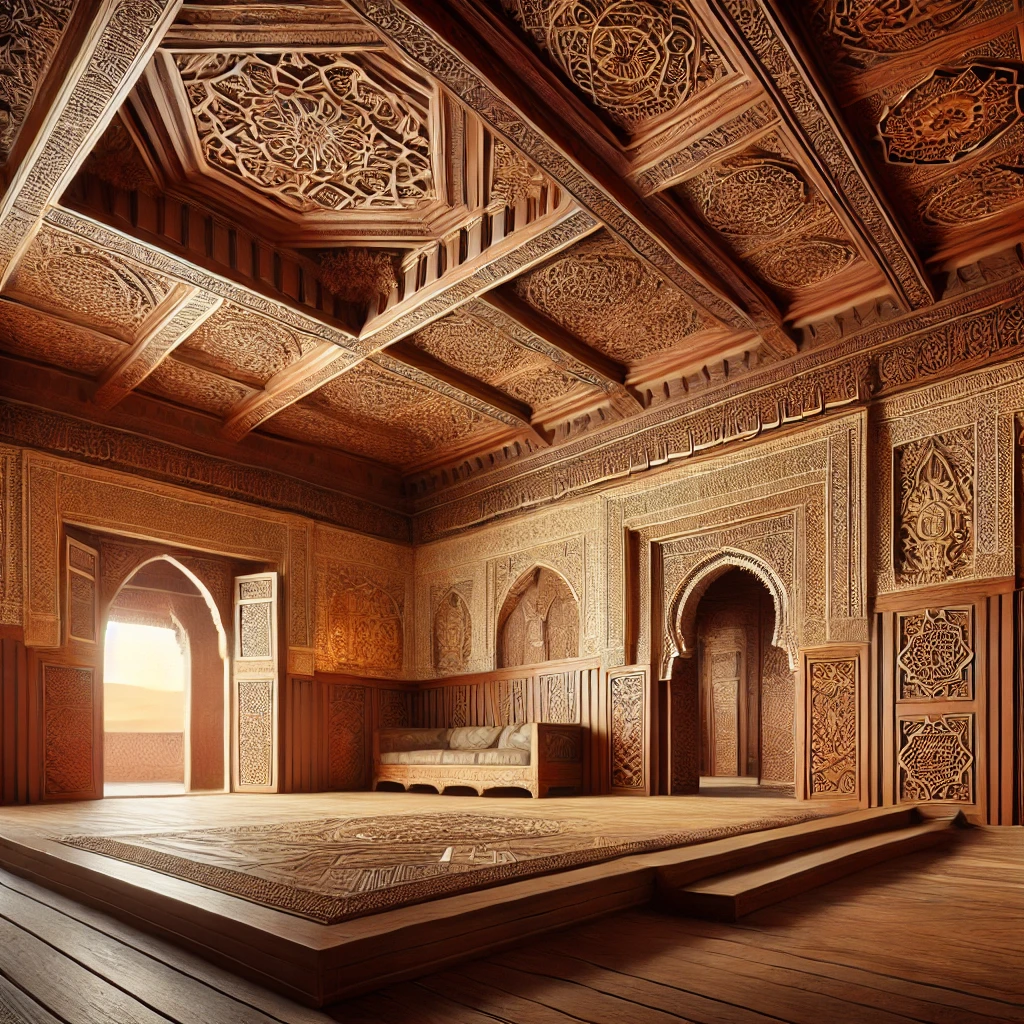
Carved Cedarwood in Moroccan Interiors
Moroccan interiors are renowned for their intricate beauty and artistic detail, and one of the most captivating elements that contribute to this unique charm is carved cedarwood. From ornate ceilings to beautifully designed doors, carved cedarwood is a hallmark of traditional Moroccan craftsmanship that brings warmth, elegance, and a deep sense of cultural heritage to any space. The use of cedarwood in Moroccan homes is not just about aesthetics; it’s about preserving an art form that has been passed down through generations, blending functionality with artistry.
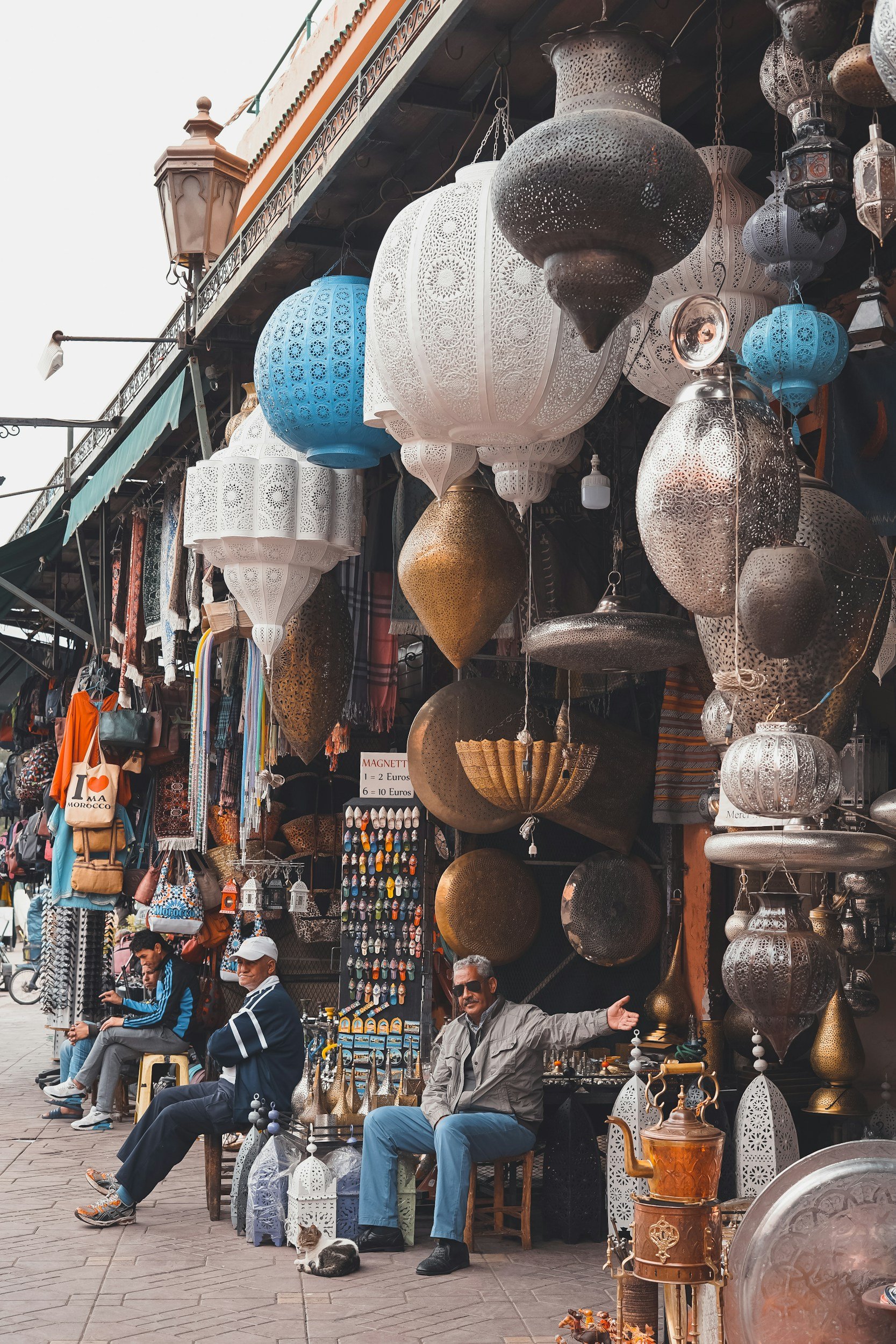
Handcrafted Moroccan Lighting: Bringing Traditional Fixtures into Your Home
Handcrafted Moroccan lighting is known for its warmth, intricate designs, and the captivating way it plays with light and shadow. These traditional fixtures, often made from brass, copper, or iron, are a testament to the artistry and craftsmanship that has been passed down through generations in Morocco. Incorporating Moroccan lighting into your home allows you to bring a touch of culture, craftsmanship, and a unique aesthetic that transforms your space into a warm, inviting retreat.
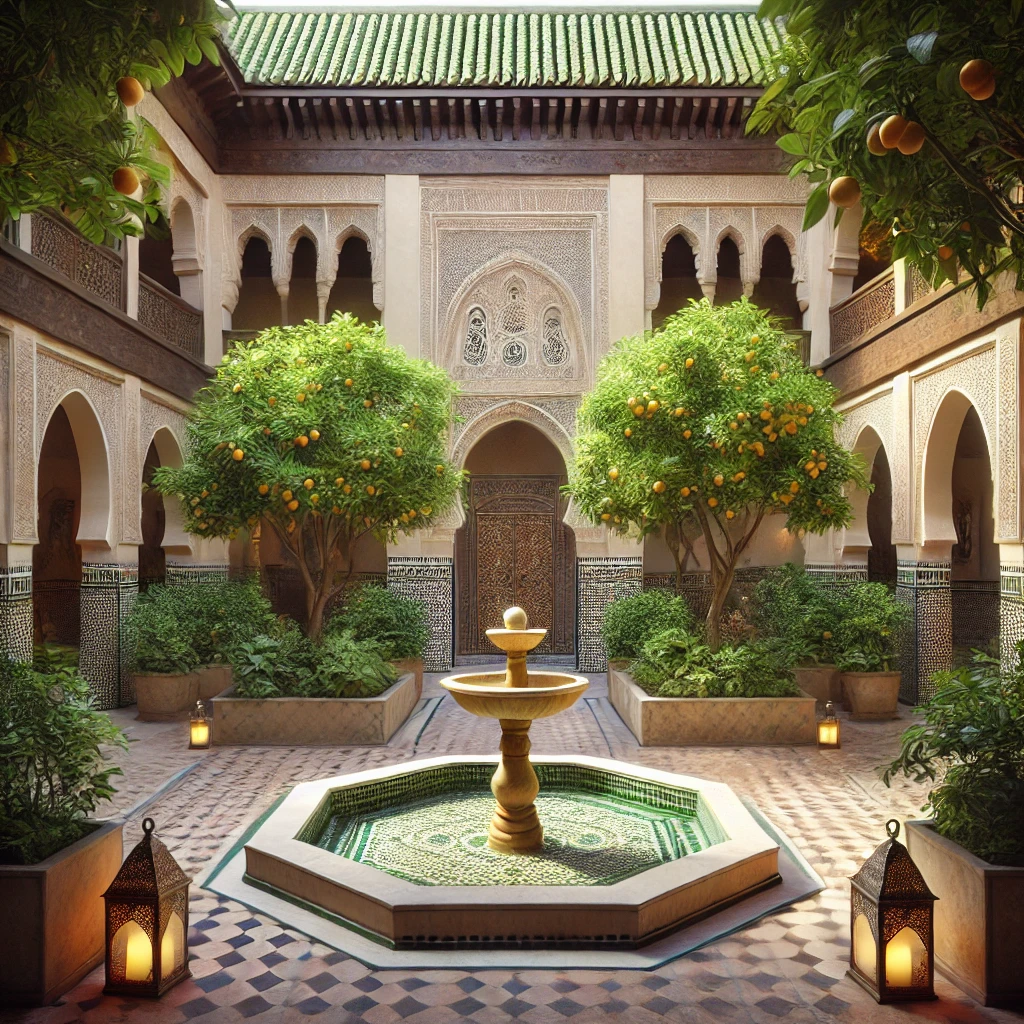
The Role of Courtyards in Moroccan Architecture
Moroccan courtyards are the heart of traditional homes, providing a tranquil oasis that stands in stark contrast to the bustling medina streets outside. These inward-facing open spaces are fundamental to Moroccan architecture, reflecting cultural values, practical design, and a connection with nature. Whether in a riad or a kasbah, the courtyard plays a vital role in defining how these homes function and feel.
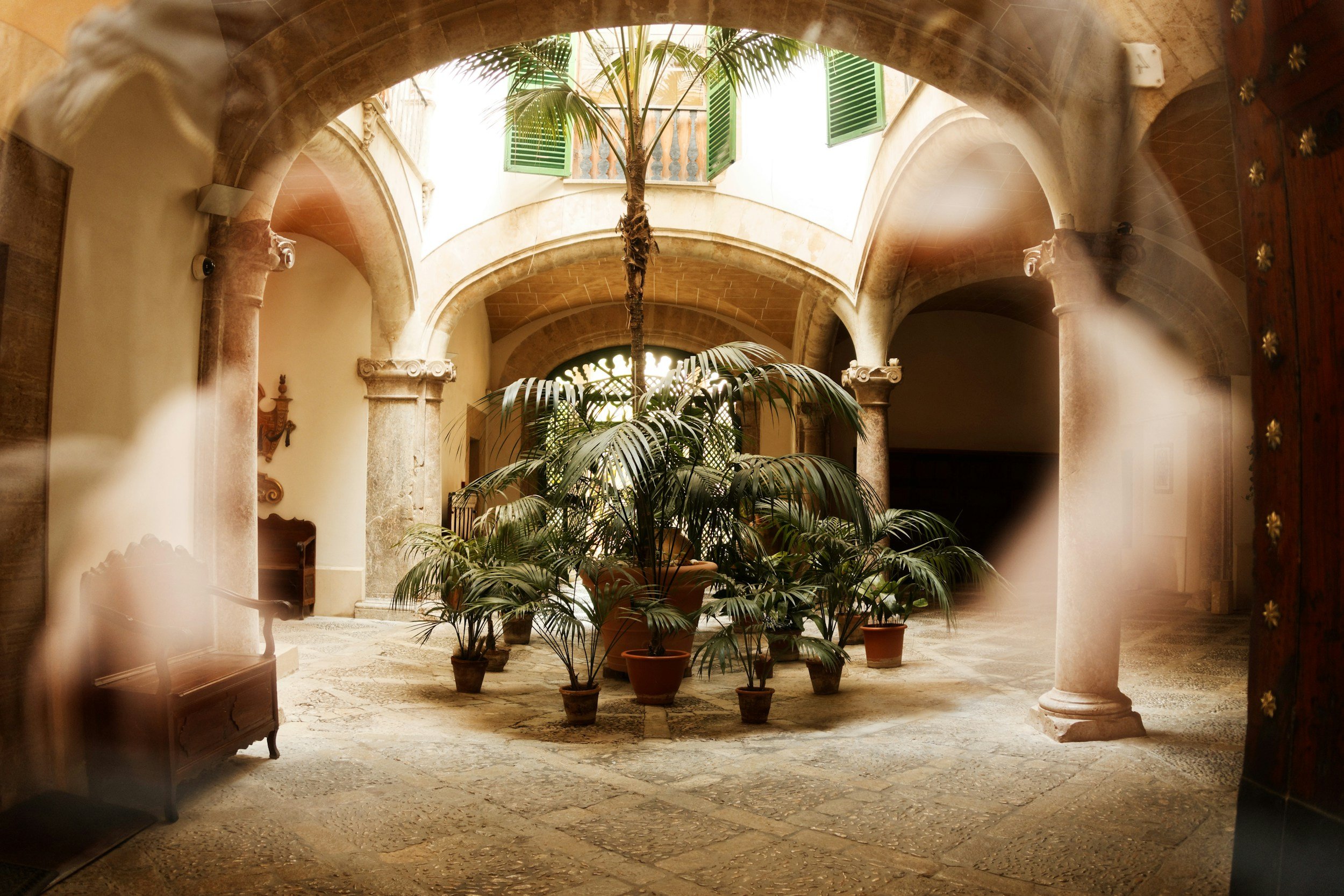
The Tadelakt
Tadelakt is a traditional Moroccan plaster technique that embodies luxury, craftsmanship, and cultural heritage. Known for its smooth, velvety texture and soft sheen, tadelakt is used to create seamless surfaces that evoke a sense of timeless beauty. From hammams to riads, tadelakt has been a staple of Moroccan architecture for centuries, and its appeal continues to grow in modern design.
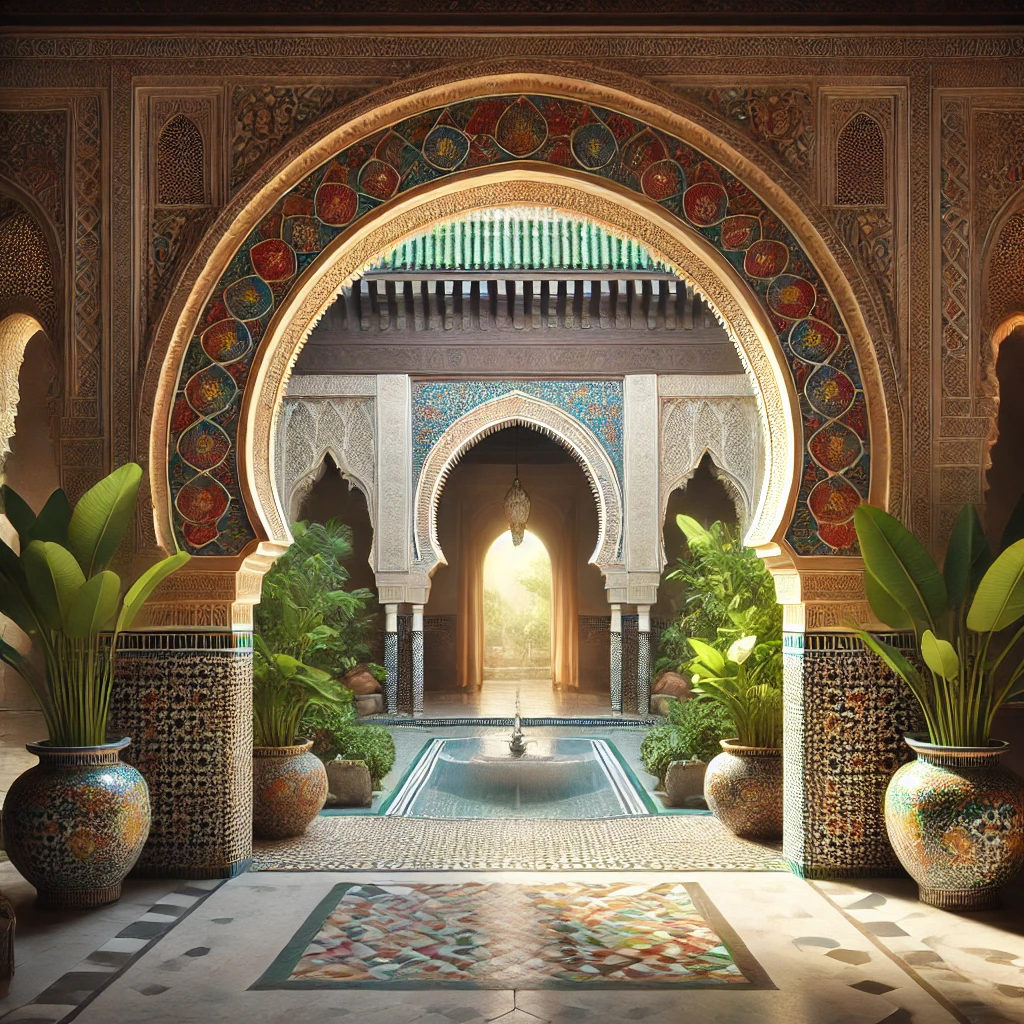
Moroccan Arches and Doorways: Key Elements of Traditional Architecture
Moroccan architecture is a captivating blend of influences—Islamic, Berber, Moorish, and Andalusian—that has evolved over centuries. Among the most distinctive features of this rich architectural tapestry are the arches and doorways. These elements not only serve structural purposes but also convey cultural depth, historical influences, and the artistry that defines Moroccan design. Whether found in a grand palace or a modest riad, Moroccan arches and doorways bring a sense of elegance, warmth, and a connection to the country’s heritage.

Understanding Moroccan Riads: Architecture and Cultural Significance
A riad is a traditional Moroccan home—it is an embodiment of culture, history, and architectural artistry that makes Morocco unique. Originally built as private residences for wealthy families, riads are designed to create a peaceful sanctuary in the midst of the bustling medina. Understanding the architectural elements and cultural significance of riads helps to appreciate why they remain highly sought after for both residential and hospitality purposes today.
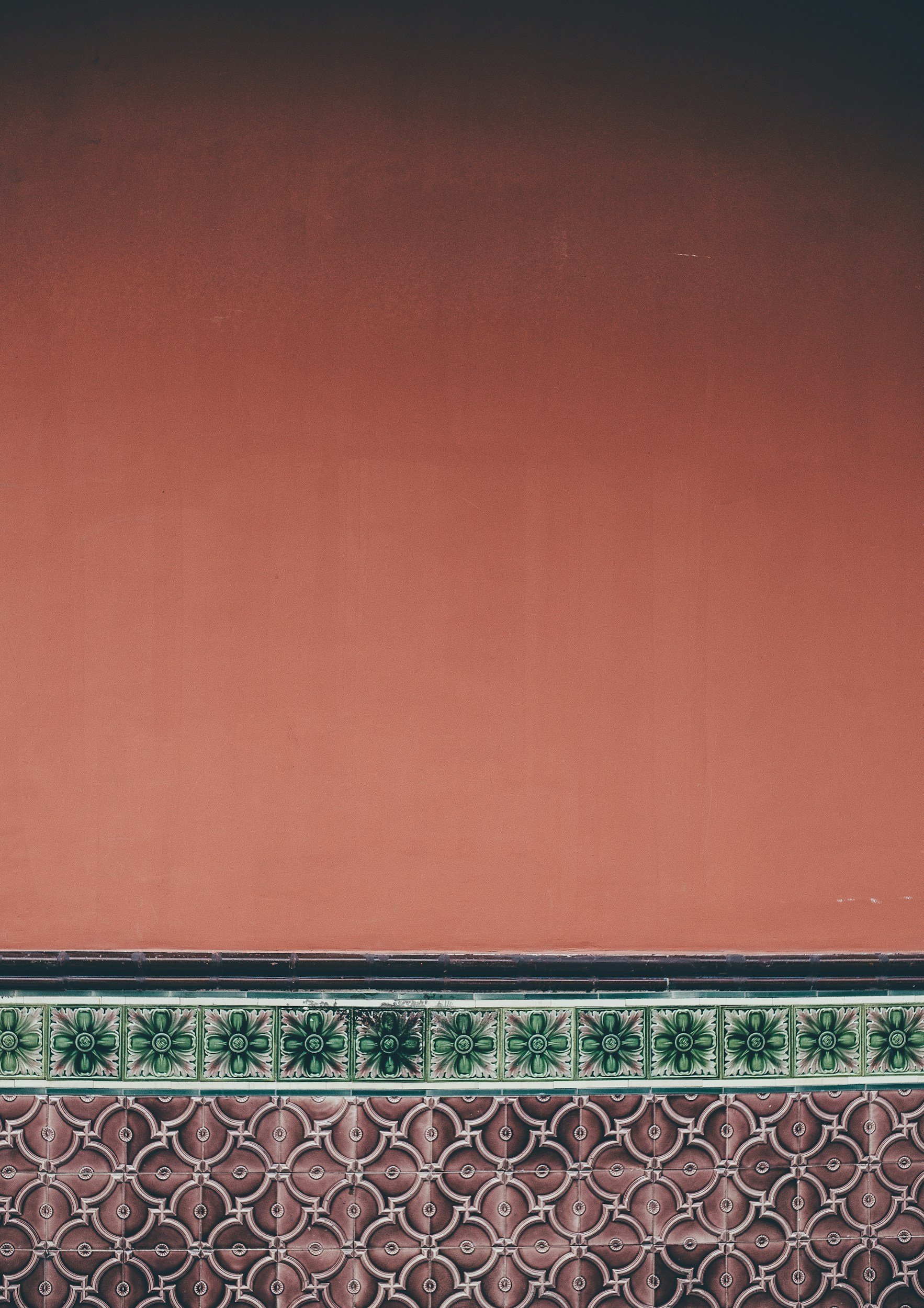
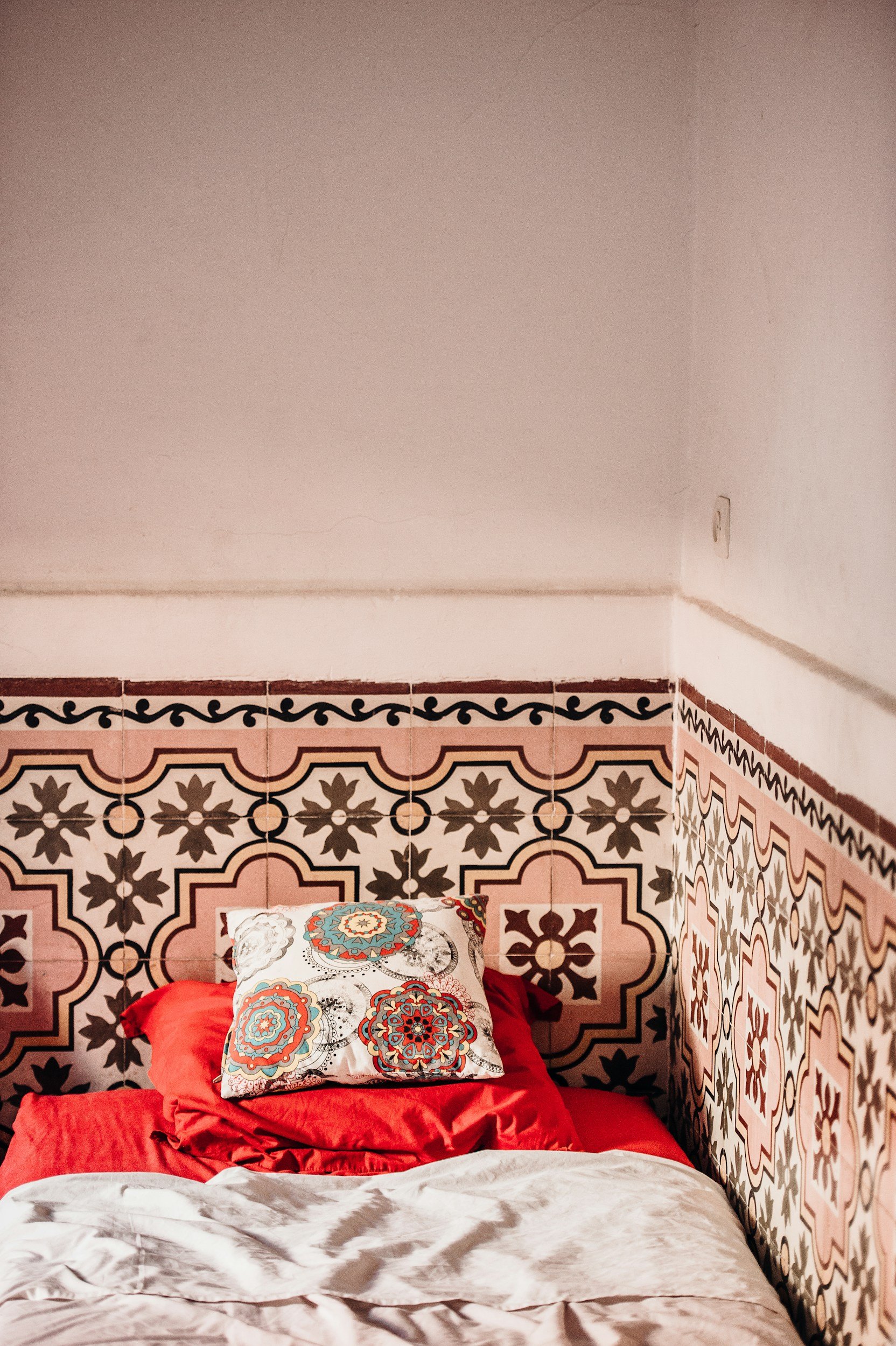
Why Finding Titled Small Houses in the Medina of Marrakech is Rare
The vibrant and historic Medina of Marrakech is one of the most sought-after areas for real estate investment. Its winding streets, traditional riads, and centuries-old buildings hold a special allure for both local and foreign buyers.
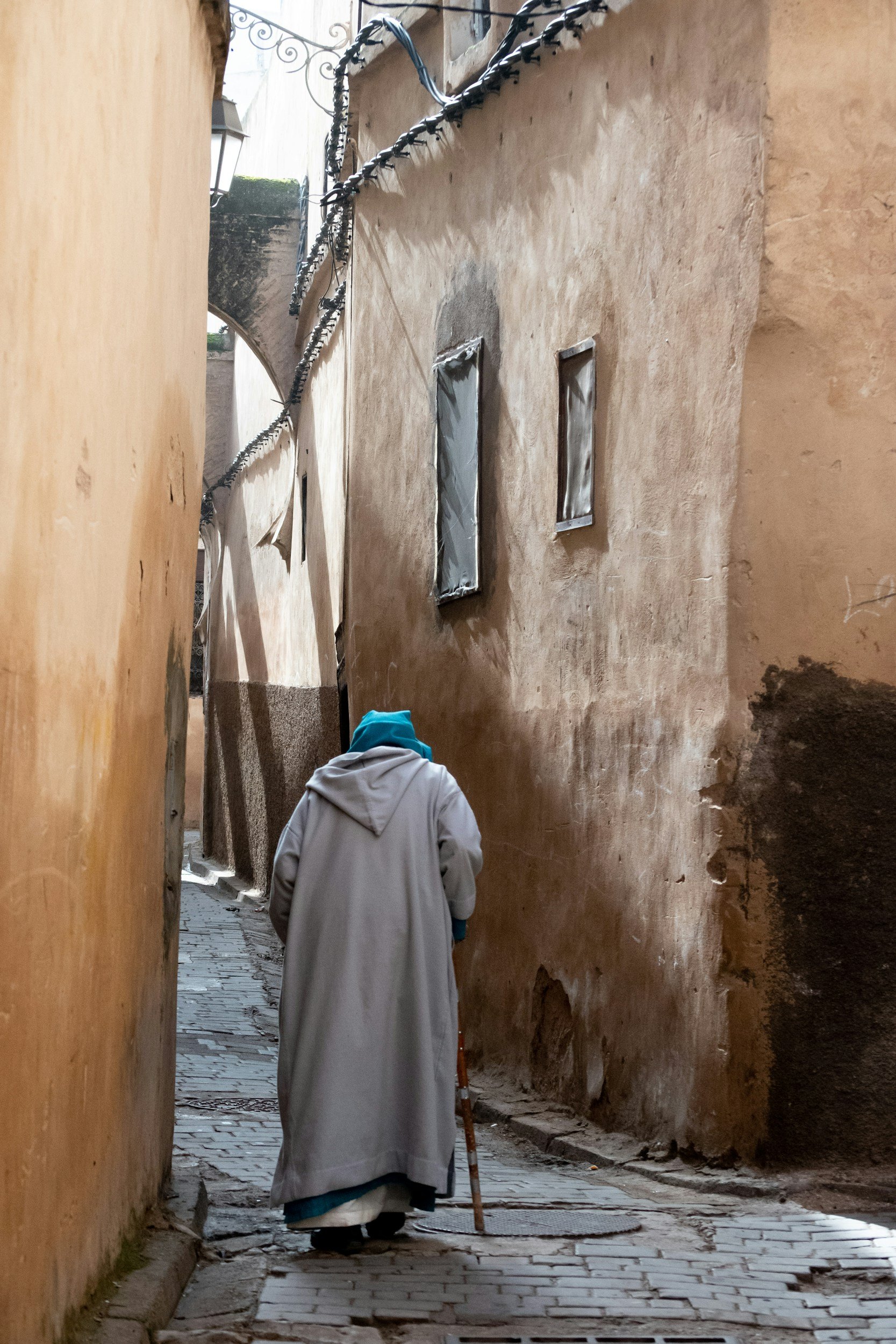
Do not fear the Melkia
When considering real estate investments in Morocco, particularly in historic cities like Marrakech, foreign investors may come across properties sold under a Melkia title.
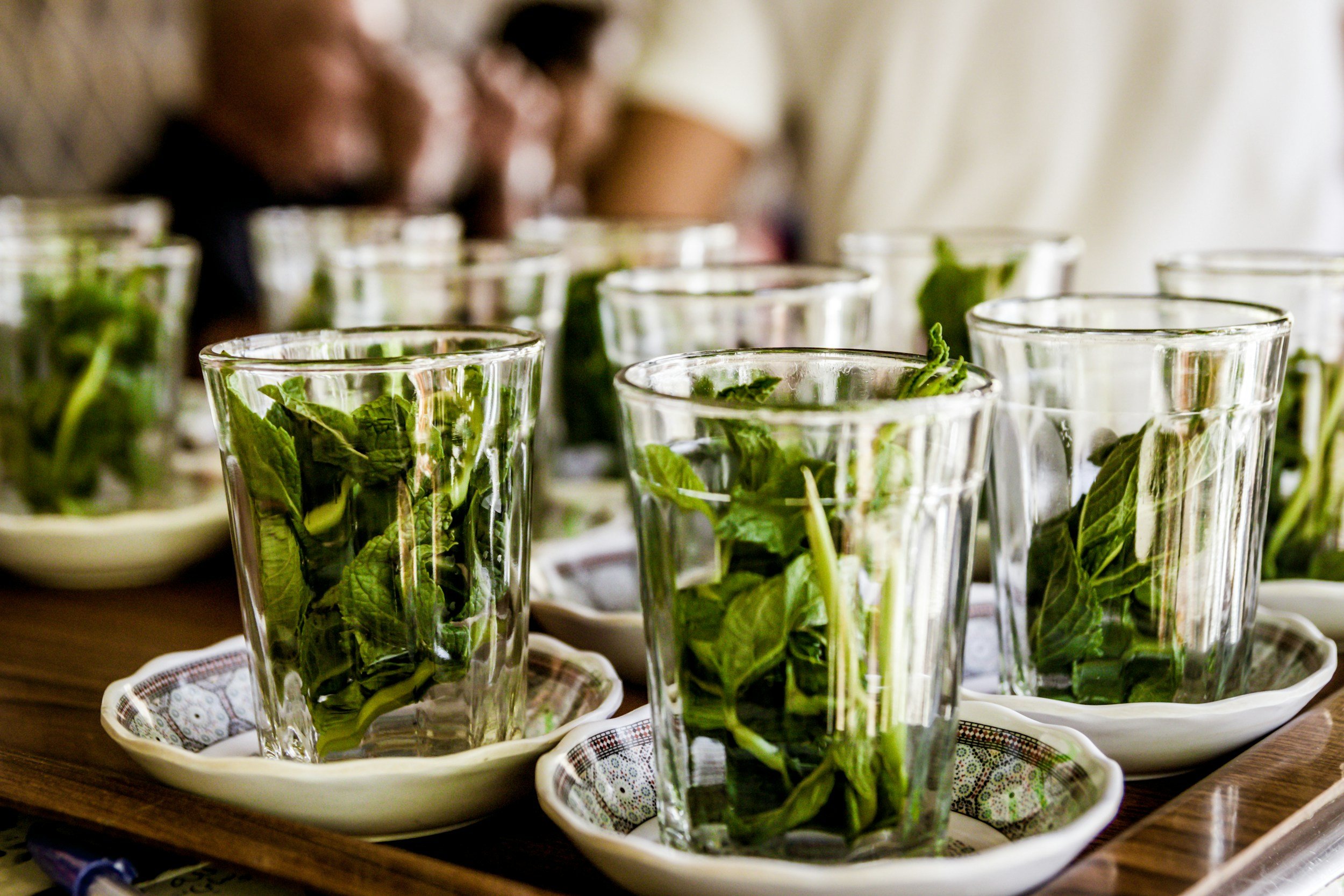
Cultural and Legal Considerations When Purchasing Property in Morocco
Buying property in Morocco can be an enriching experience, offering not only a financial investment but also an opportunity to immerse yourself in a culture rich in history and tradition.
